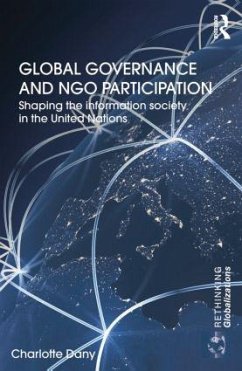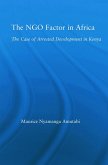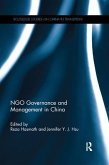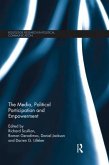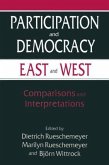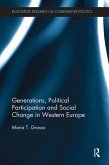This book explores the limits of NGO influence and the conditions that constrain NGOs when they participate in international negotiations Through an empirically rich study of the UN World Summits on the Information Society (WSIS) this book conceptualizes structural power mechanisms that shape global ICT governance and analyses the impact of NGOs on communication rights, intellectual property rights, financing, and Internet governance. The institutional framework of UN negotiations makes it easy for states to exclude NGOs from crucial meetings and to neglect their most relevant demands, in part explaining why NGOs had only limited influence on the policy outcomes of the WSIS in Geneva 2003 and Tunis 2005, although high numbers of NGOs participated. Using a critical perspective, Dany demonstrates that despite the far-reaching participation rights for civil society actors, structural power mechanisms continued to limit the influence of participating NGOs and this contradicts the widely held assumption that extensive NGO participation necessarily increases NGO influence on the policy outcomes. This book will be of interest to students and scholars of international relations, global governance, the United Nations, and global information and communication politics.
Hinweis: Dieser Artikel kann nur an eine deutsche Lieferadresse ausgeliefert werden.
Hinweis: Dieser Artikel kann nur an eine deutsche Lieferadresse ausgeliefert werden.

